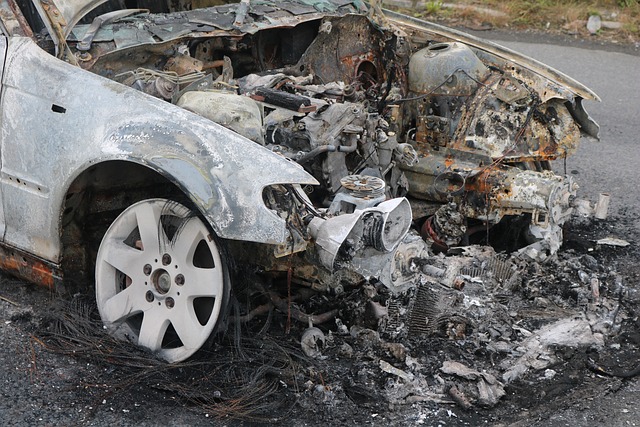What to Do if Another Driver Lies After a Car Accident
Being in a car accident is stressful enough – but when the other driver lies about what happened, it can make the situation even more frustrating and difficult to navigate. Whether they’re blaming you for the accident, denying their involvement, or providing false statements to the insurance company, these lies can put your claim at risk.
Unfortunately, some drivers will say anything to avoid responsibility. They might claim they had the right of way, say they weren’t speeding, or even deny being at the scene. If this happens, you need to protect yourself and ensure you have the evidence to prove what really happened.
So what should you do when the other driver isn’t telling the truth? Here’s how to handle the situation and make sure your claim is backed by solid proof.
Avoid Confrontation
It’s natural to feel angry or frustrated when another driver blatantly lies about what happened. But arguing at the scene won’t help – and in some cases, it could make things worse.
If the other driver starts shouting, blaming you, or refusing to admit fault, don’t engage. Instead, stay calm, focus on gathering evidence, and avoid making any statements that could be used against you later. Even saying something as simple as “I’m sorry” could be misinterpreted as an admission of guilt.
No matter what the other driver says, stick to the facts and make sure you document everything clearly.
Gather Your Own Evidence
The more evidence you have, the harder it will be for the other driver to get away with lying. If you’re physically able to do so, start collecting proof immediately after the accident.
Take as many photos and videos as possible, including:
- The position of the vehicles before they are moved
- License plates of all cars involved
- Damage to both vehicles
- Traffic signs and signals near the scene
- Any skid marks, debris, or road conditions that could be relevant
If there are witnesses nearby, get their names and contact information. Third-party witnesses can be extremely valuable if the other driver lies to their insurance company.
If you have dashcam footage, save it immediately. A video recording of the accident is one of the strongest pieces of evidence you can have. (It’s hard to argue against visual proof.)
Watch What You Say to the Insurance Company
Once you report the accident to your insurance company, be careful with your words. Insurance adjusters are trained to look for anything that could reduce your payout, and even a minor slip-up could hurt your claim.
Stick to the facts and never speculate about what happened. For example, don’t say, “I think I might have been going a little fast.” This could be used against you later.
If the other driver is lying, don’t assume the insurance company will automatically believe you. They rely on evidence, not personal accounts, so make sure your claim is supported with documentation.
If the other driver is working with a particularly aggressive insurance company, consider having a personal injury attorney handle the communication for you. Insurance companies take claims more seriously when they know a lawyer is involved.
Look for Additional Evidence
If the other driver continues lying and the insurance company isn’t convinced, you may need to gather additional proof to support your case.
Some options include:
- Surveillance footage: Check nearby businesses, traffic cameras, or residential security cameras that may have captured the accident.
- Medical records: If you were injured, your medical reports can help prove the severity of the accident.
- Expert analysis: Accident reconstruction specialists can analyze vehicle damage, skid marks, and impact angles to determine exactly what happened.
The stronger your case, the harder it is for the other driver’s lies to hold up. Work with your attorney to compile as much evidence as you possibly can.
Consider Legal Action if Necessary
If the insurance company denies your claim or refuses to offer fair compensation, you may need to take legal action. A personal injury attorney can help you prove fault, negotiate a fair settlement, and, if necessary, take your case to court.
Insurance companies have legal teams dedicated to protecting their bottom line – and you should have someone looking out for your best interests, too. A lawyer can:
- Gather additional evidence
- Handle negotiations with the insurance company
- Ensure you receive compensation for medical bills, lost wages, and other damages
Many personal injury attorneys offer free consultations, so if you’re struggling with proving fault because the other driver is lying, it’s worth speaking with one.
Putting it All Together
When it comes to car accidents, tens of thousands of dollars can be at stake. Don’t let someone else’s bad faith tactics cost you. By being proactive and working with the right professionals, you can make sure you have the best chance of obtaining a positive outcome.
I’m a single mother of 2 living in Utah writing about startups, business, marketing, entrepreneurship, and health. I also write for Inc, Score, Manta, and Newsblaze

